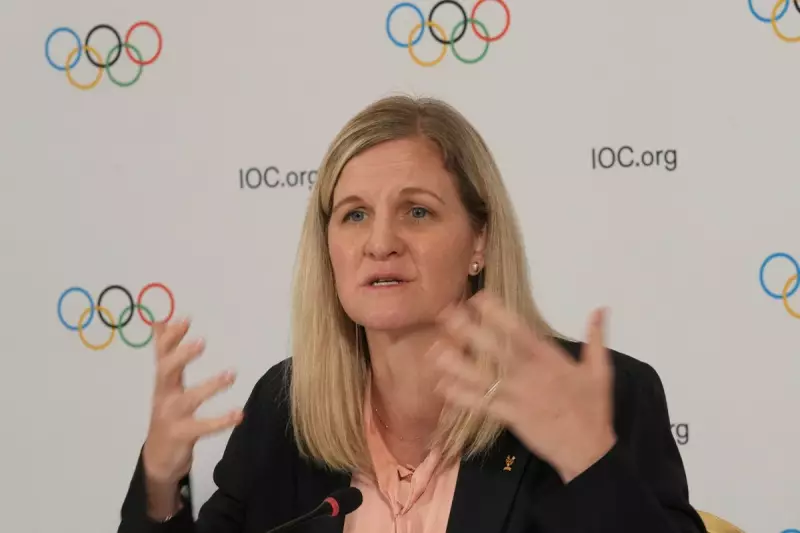
The International Olympic Committee (IOC) is confronting a major diplomatic crisis as a powerful coalition of 35 nations, led by the United Kingdom, issues a forceful demand to exclude Russian and Belarusian athletes from the 2024 Paris Olympics.
The collective stance, articulated in a statement following a summit hosted by the British government, represents a direct challenge to the IOC's proposed plan to allow athletes from the aggressor nations to compete under a neutral banner. The move signals a significant hardening of attitudes against the backdrop of the ongoing war in Ukraine.
A Unified Front Against 'Neutrality'
The ministerial meeting, which included representatives from the United States, Israel, and numerous other allies, concluded that the IOC's concept of 'neutrality' is untenable. The nations argue that allowing participation, even under a neutral flag, would be tantamount to legitimising the invasion of Ukraine and would be exploited by the Russian and Belarusian states for propaganda purposes.
'We will not allow sport to be used as a tool for war,' the collective statement read, underscoring the firm belief that the regimes in Moscow and Minsk have consistently politicised international sport.
The IOC's Controversial Stance
The IOC, led by President Thomas Bach, has been exploring pathways for individual athletes to compete without national symbols. This position has drawn fierce criticism from Kyiv and its supporting nations, who view any form of participation as a betrayal.
Ukrainian President Volodymyr Zelensky has been particularly vocal, stating that allowing Russian athletes would be a clear indication that 'terror is somehow acceptable'. The threat of a potential boycott by Ukraine and other nations now looms large over the preparations for the Paris Games.
The Road to Paris 2024
With the opening ceremony little over a year away, the pressure on the IOC is reaching a critical point. The coalition of 35 nations has called for a clear and urgent meeting with the committee to further press their case.
This international dispute sets the stage for one of the most politically charged Olympic Games in recent history, placing the fundamental principles of the Olympic movement under unprecedented strain. The world now watches to see if the IOC will uphold its own commitment to 'peace through sport' or bow to the mounting geopolitical pressure.





